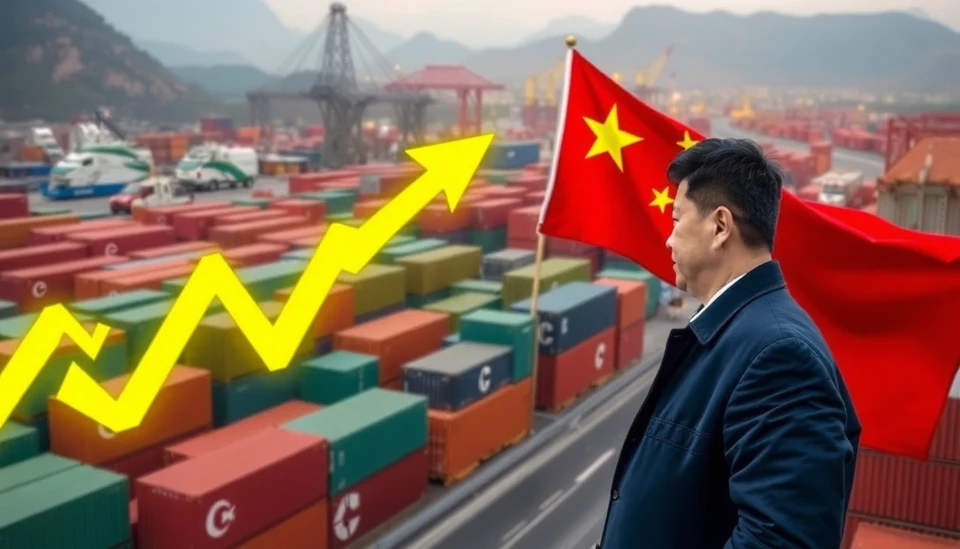
The ongoing tensions between the United States and China have intensified, with economists predicting that a renewed trade war could significantly impact China's GDP growth. Recent analyses suggest that potential escalations in trade tariffs could lead to a staggering reduction of up to 2 percentage points in the growth of the Chinese economy.
This outlook comes as both nations face mounting pressure to recalibrate their economic strategies. With geopolitical friction on the rise, many experts are wary of the implications for global markets, especially considering how closely intertwined the U.S. and Chinese economies have become over the years.
Market analysts are particularly keeping an eye on the political climate leading up to the 2024 elections in the United States. The prospect of heightened tariffs or new trade restrictions has investors concerned, as these actions could stifle trade flow and cause ripple effects throughout the global economy. If implemented, the tariffs could disproportionately affect key Chinese industries, potentially plunging them into a significant downturn.
China’s economy has shown signs of vulnerability in recent months, exacerbated by the pandemic's lingering effects and domestic challenges such as debt and real estate issues. All these factors combined with uncertainty regarding U.S. trade policies create a precarious situation for China's economic outlook in the near future.
In response, Chinese officials are reportedly bracing for the worst, preparing to bolster domestic consumption as a buffer against external shocks. However, the effectiveness of such measures remains to be seen, particularly if the U.S. continues to pursue aggressive trade policies.
As analysts assess the potential damage of a trade war, they emphasize the importance of diplomatic dialogues. Finding common ground is crucial to mitigating risks and ensuring that the two largest economies can navigate their differences without falling into a full-scale trade conflict.
The global economic landscape hangs in the balance, and all eyes are now on the White House and the Chinese leadership as they chart their courses. The decisions made in the coming months could have far-reaching consequences not just for China, but for economies around the world.
As the situation evolves, stakeholders across various sectors will need to remain agile, adapting to the unforeseen consequences that may arise from renewed trade tensions. Anticipation is building regarding how both nations will approach these challenges in the months leading up to the U.S. elections and beyond.
#ChinaGDP #TradeWar #Economy #USChinaRelations #GlobalMarkets
Author: Daniel Foster




